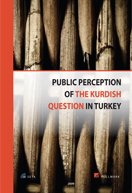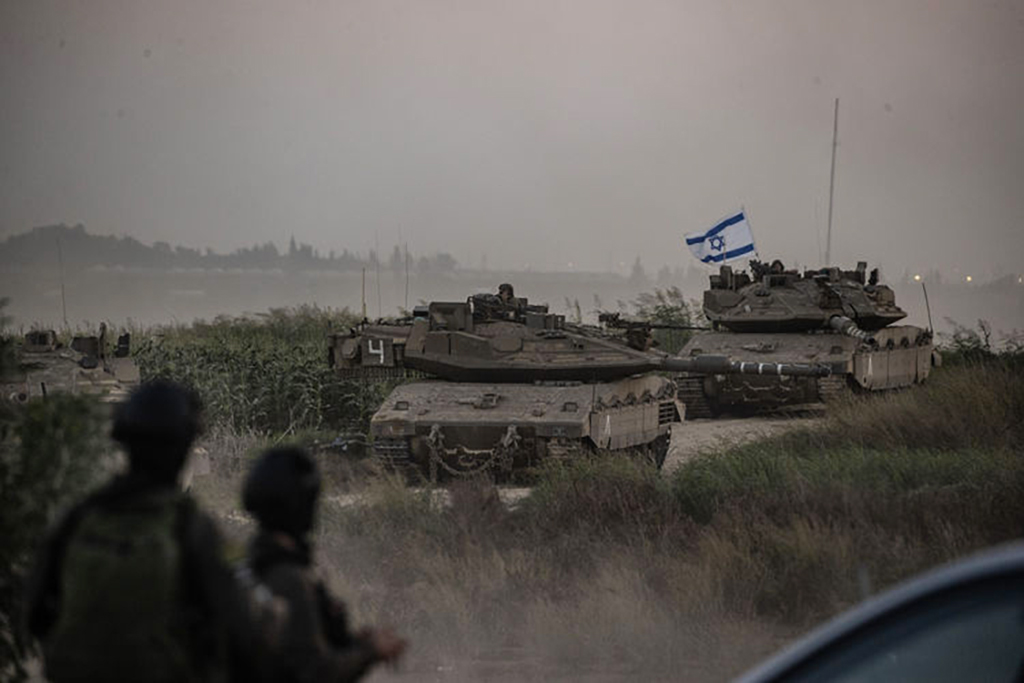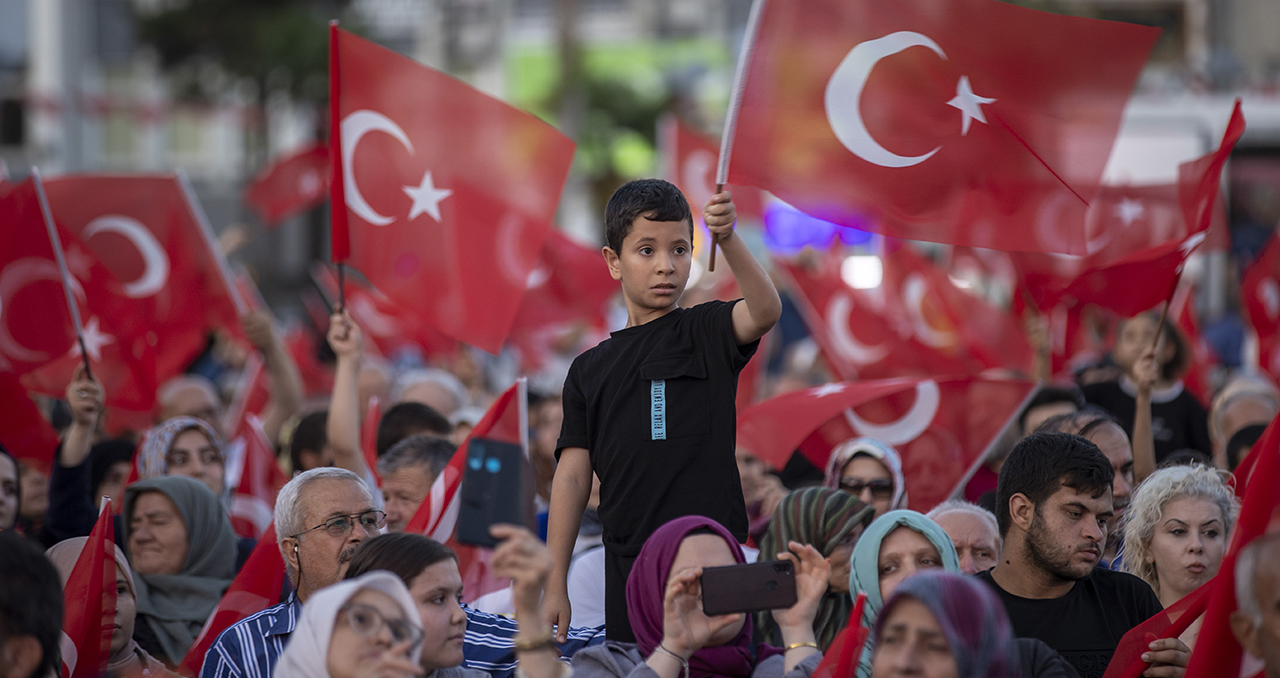It may look like a paradox, but the current standoff between Turkey and northern Iraq could turn into an opportunity to solve the Kurdish problem in Turkey and the region. Turkey's increased efforts to fight Kurdistan Workers' Party (PKK) terrorism has the full backing of all the related actors: the Turkish public, the political establishment, security elites, regional actors and international public opinion. The Justice and Development Party (AK Party) government should seize this opportunity and start a process of national reconciliation and healing.
Attacking PKK targets in northern Iraq and inside the Turkish border is necessary to stop the terrorists from infiltrating Turkey and killing Turkish troops and civilians. As a result of the ongoing military operations over the last 10 days, tens of terrorists have been killed, captured and forced to flee their posts. The Turkish army is fighting the PKK both inside Turkey and across the Iraqi border. The cross-border operation has already begun. From a military point of view, the question is how far it will go.
With the motion passed in the Turkish Parliament on Oct. 17, the government now has a mandate to order incursions into northern Iraq. With the public pressure mounting, the government will be forced to use it until and unless the authorities in northern Iraq do something against the PKK training camps and offices in areas under the jurisdiction of the Kurdistan regional government. A military conflict between Turkey and the Iraqi Kurds will be avoided if the Erdogan government is convinced that the Iraqi national government and the Kurdistan regional government will meet Turkey's demands.
The fast-track diplomacy between Ankara and Baghdad last week showed that the Maliki government is willing to do something about the PKK to prevent a full-scale war with Turkey. But Mr. Maliki and his cabinet are incapable of doing anything because the Kurds are their best allies in Baghdad. Plus, they depend on the Kurdistan regional government for any operations in that part of Iraq. On the other hand, the Kurdistan regional government leadership and President Jalal Talabani are capable of doing something against the PKK but are not willing to because they want Turkey to recognize them and to talk to them directly. In addition to recognition, the status of Kirkuk is another item of the Turkish-Kurdish grand bargaining. Massoud Barzani is passionate about the annexation of Kirkuk to the Kurdistan regional government, and Turkey is no less so in opposing it.
While some sort of a military action looks more likely than ever, the current standoff could turn into a major conflict between Turkey and the Kurds of Iraq, and this would have serious consequences in the long term. There is a nation-building process in northern Iraq, and a new Kurdish identity may emerge out of the process. In a worst-case scenario where Turkey is bogged down in a prolonged conflict with the Kurds of Iraq, the new Kurdish identity would be constructed around a deep animosity towards Turkey. Such a conflict would give Talabani and Barzani an opportunity to strengthen their political and military position in Iraq and may eventually lead to an independent Kurdish state.
Despite all these possibilities, the current crisis could be an opportunity to find a lasting solution to the Kurdish problem. There is a national consensus among the various groups of Turkish society on ending terrorism at all costs. If the public outrage against the PKK can be turned into a political will and commitment to fight the root causes of terrorism, Turkey may open up a new chapter in its troubled history of the Kurdish problem.
The July 22 elections showed that the vast majority of Turkish Kurds want a political settlement to the problem. The AK Party's stellar success in the Kurdish areas as well as in big cities presents a historic opportunity to win the minds and hearts of the Kurds of Turkey and to marginalize and isolate the PKK. President Abdullah Gul's visit to the region









